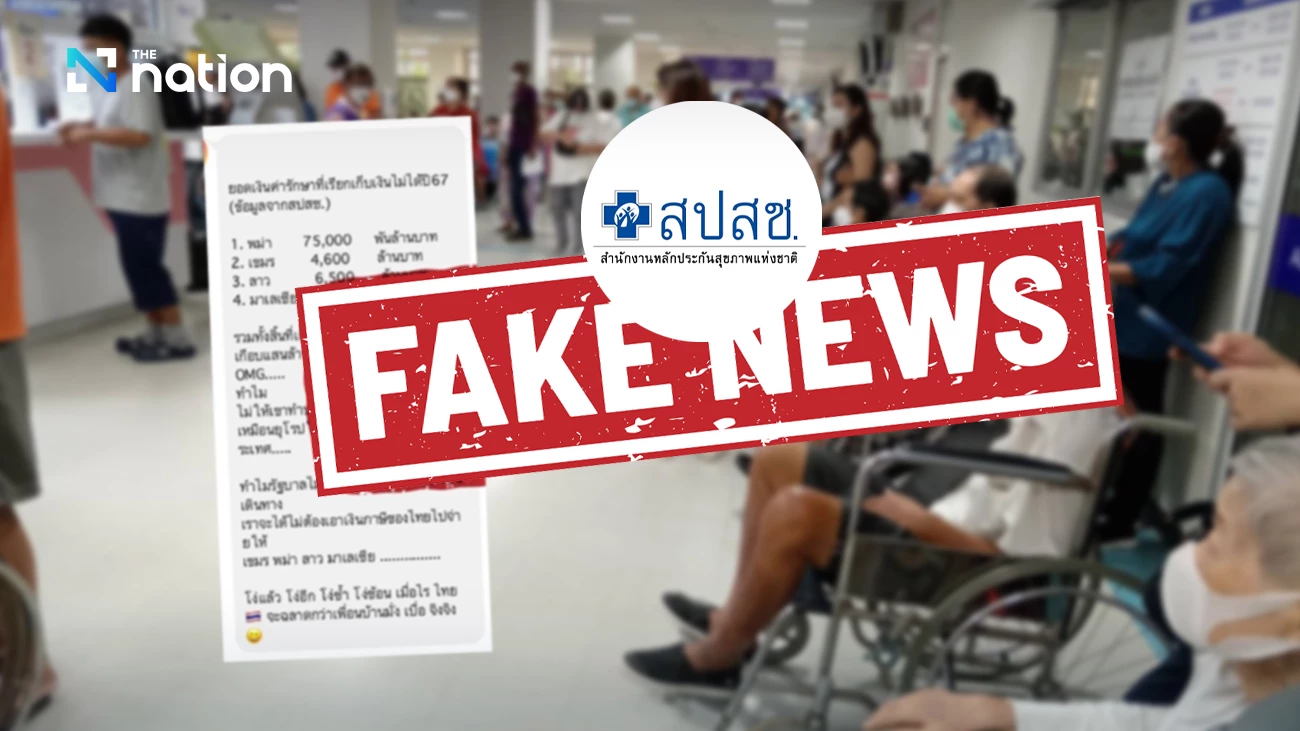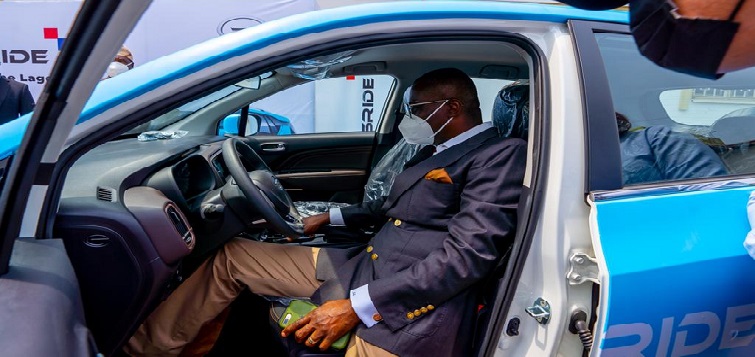Cross-Border Fury: Thai-Cambodian Tensions Escalate Amidst Accusations and Stalled Talks

The relationship between Thailand and Cambodia is currently navigating a period of heightened tension and diplomatic challenges, marked by serious accusations, alleged border violations, and a significant amount of disinformation. Thailand's Ministry of Foreign Affairs (MFA) has vehemently rejected claims circulating on social media, reportedly cited by Cambodia’s Minister of Information, alleging that Thailand is planning to assassinate Cambodian leaders Hun Sen and Hun Manet. Nikorndej Balankura, Director-General of the Department of Information and MFA Spokesperson, unequivocally dismissed these accusations as “entirely unfounded” and “clearly intended to defame Thailand,” emphasizing that such “false news” undermines constructive dialogue, especially during ongoing General Border Committee (GBC) discussions. The MFA views this as a harmful attempt to derail diplomatic efforts aimed at peaceful resolution. This rejection comes amidst a broader concern regarding information warfare, with the Ministry of Digital Economy and Society (DES) reporting that eight out of the top ten fake news items in a recent week were related to the Thai-Cambodian border conflict.
At the heart of the current disputes are numerous alleged breaches of international law and ceasefire conditions. The Royal Thai Army (RTA) is set to lead an ASEAN Interim Observation Team (IOT) to the Thai-Cambodian border to monitor these alleged violations. Preceding this, the Thai government facilitated visits by ASEAN envoys and representatives from countries that ratified the Ottawa Convention—which bans landmines—to Si Sa Ket province. During these visits, envoys reportedly witnessed evidence of anti-personnel mines allegedly laid by Cambodian troops and spoke with affected residents, with Thailand expecting these findings to be reported to international bodies. Furthermore, representatives from the International Committee of the Red Cross (ICRC) also assessed the humanitarian impact of cross-border attacks on civilians in Surin, Si Sa Ket, and Ubon Ratchathani provinces. The ICRC, after gathering facts and interviewing civilians, will submit a confidential report to both Thailand and Cambodia, underscoring the severe human cost of the conflict.
The MFA spokesperson, Nikorndej Balankura, publicly challenged Cambodia’s narrative, accusing Phnom Penh of a “sustained disinformation campaign” that actively undermines the peace process. While Cambodia has publicly pledged to uphold a bilateral ceasefire, Nikorndej asserted their actions are “the opposite of what they claim,” detailing a four-point list of alleged ceasefire violations by Cambodia. These include the laying of new landmines, the use of drones for harassment, inciting their own citizens to protest at the border, and deploying powerful improvised explosive devices (IEDs) on the Thai side of the frontier. These allegations persist despite a 13-point ceasefire agreement signed during the GBC meeting in Malaysia on August 7, which was intended to reduce tensions.
A significant, long-standing issue contributing to the current friction is the situation at Ban Nong Chan village in Sa Kaeo province. Thai government spokesman Jirayu Houngsub stated that Cambodians had “betrayed Thai hospitality and humanitarian aid” by establishing and expanding a community on Thai soil. Ban Nong Chan was initially a temporary shelter for Cambodians fleeing civil war in 1977. Thailand, bound by humanitarian obligations, could not forcibly remove refugees who did not voluntarily return. However, over decades, descendants of these refugees have allegedly expanded their settlements, building nearly 200 new homes and claiming the area as Cambodian sovereign land, despite Cambodia rejecting Thailand's border demarcation claims. In response, Thailand has erected razor wire to protect its territory from further encroachment and attacks by Cambodian troops, particularly given allegations of landmines. Thailand insists the razor wire is entirely within its boundaries and does not violate the GBC agreement.
The broader international community is also observing these developments. Acting Prime Minister Phumtham recently met with a delegation of four US lawmakers visiting Thailand to follow regional developments, including the Thai-Cambodian border conflict. Phumtham emphasized the need to “fight with truth, not through information warfare,” to achieve peaceful solutions that prioritize the lives of affected people. He confirmed raising the issue of Cambodian mine-laying activities and stressed addressing landmine deployment and barbed-wire fences as immediate priorities. The US delegation also acknowledged the complexity of border conflicts but underscored the necessity of peaceful resolutions. Despite acknowledged misunderstandings and occasional clashes, diplomatic efforts, including further talks scheduled for September 10, are ongoing, with observers from the United States, China, and ASEAN military attachés also involved.
Amidst these geopolitical tensions, there is a palpable humanitarian crisis at the border. Thai troops recently apprehended 50 Cambodians illegally crossing into Sa Kaeo, who reported fleeing severe hunger and lack of employment in their homeland. These individuals had previously worked in Thailand but returned to Cambodia after Thai authorities imposed restrictions at border crossings following earlier clashes. They accused the Cambodian government of failing to provide support for returnees and resorted to paying smugglers to re-enter Thailand. This incident is not isolated, as the Aranyaprathet Taskforce has arrested 329 Cambodians in 84 separate incidents of illegal entry since border checkpoints were closed on June 17, highlighting the dire economic conditions driving desperate measures and the ongoing human cost of the conflict.
Recommended Articles
War Propaganda and ICC Threats: Thai-Cambodian Border Crisis Deepens

The Thai-Cambodian border remains a flashpoint of diplomatic tension, marked by Thailand's rejection of assassination cl...
Thai-Cambodian Border Tensions Flare: Legal Threats, Troop Deployments, and Fake News Rock the Region

Thailand is actively addressing escalating tensions with Cambodia, refuting claims of medical care funding and assassina...
Thai-Cambodian Border Crisis Escalates: Fake News, Land Disputes, and ICC Threats Ignite Diplomatic Firestorm

Ongoing tensions at the Thai-Cambodian border persist despite a recent ceasefire, fueled by serious allegations, humanit...
Border Inferno: Thai-Cambodian Crisis Escalates with Legal Threats & US Intervention

Escalating tensions define the Thai-Cambodian border conflict, marked by Thailand's rejection of assassination claims ag...
Tensions Ignite: Thai-Cambodian Border Crisis Escalates Amidst Fake News Onslaught

Thailand is grappling with heightened tensions and a surge of disinformation related to its border with Cambodia. Offici...
You may also like...
Royal Spectacle: Trump's Buckingham Palace State Banquet Unveiled, From Menu Secrets to Dazzling Gowns

US President Donald Trump and First Lady Melania were honored with a lavish state banquet at Windsor Castle, hosted by K...
Celebrity Couple Regina & Victor Tie the Knot in a Chic Intimate Civil Wedding!

Regina and Victor celebrated their intimate civil wedding, exchanging vows in a serene courtroom. The Cameroonian bride ...
Cardi B's Big Reveal: Baby No. 4 on the Way for the Superstar Rapper!

Rapper Cardi B has officially announced she is pregnant with her fourth child, her first with boyfriend and New England ...
Zimbabwe's Sanctions Saga: US U-Turn Bid Faces Analyst Scrutiny

A new Bill introduced in the US House of Representatives proposes the repeal of the nearly 25-year-old Zimbabwe Democrac...
Empty Stomach Orange Juice: Uncovering its Surprising Health Effects
:max_bytes(150000):strip_icc()/Health-GettyImages-1292399655-860b8f2a8e3b4d0f968a6892d6bd78d7.jpg)
Discover the surprising pros and cons of drinking orange juice on an empty stomach. While it offers a quick energy boost...
AI Security Firm 'Irregular' Raises $80M to Bulletproof Frontier Models

AI security firm Irregular has secured $80 million in new funding, valuing the company at $450 million. Specializing in ...
Netflix Goes Hyper-Affordable with New ₦1,200/Month Mobile Plan

Netflix introduces an affordable mobile plan in Nigeria and 42 other sub-Saharan African countries, drastically cutting ...
Ride-Sharing Crisis: Lagos Drivers Fear Job Loss Over New Scheme!

The Lagos State government is launching "Lagos Ride," a new e-hailing scheme with 1,000 SUVs, in partnership with CIG Mo...